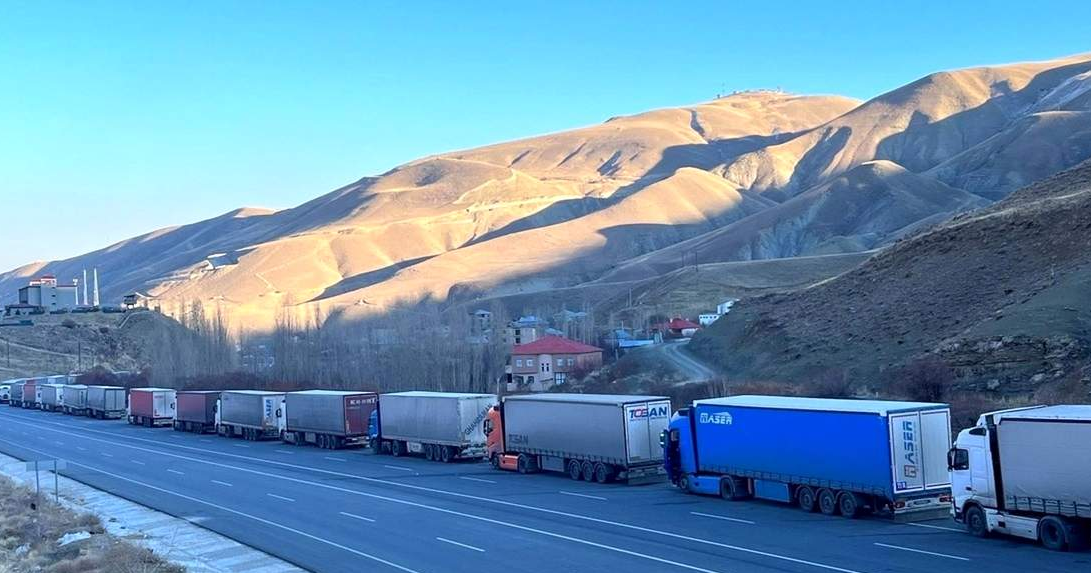
Similar Posts

Iran’s Oil Minister Visits Russia to Forge New Economic Alliances
A significant session aimed at enhancing collaboration between Iran and Russia, chaired by Iran’s Oil Minister Mohsen Paknejad and Russia’s Energy Minister Sergei Tsivilyov, is forthcoming. Expert-level meetings will tackle existing challenges and draft a roadmap for future cooperation, alongside a memorandum of understanding. Key topics include energy projects, trade relations, banking, transportation, customs, industry, agriculture, health, culture, and technology. This session builds on a strategic partnership treaty signed in January 2024 and a free trade agreement with the Eurasian Economic Union approved in February. The outcomes are expected to strengthen bilateral ties and promote economic growth.
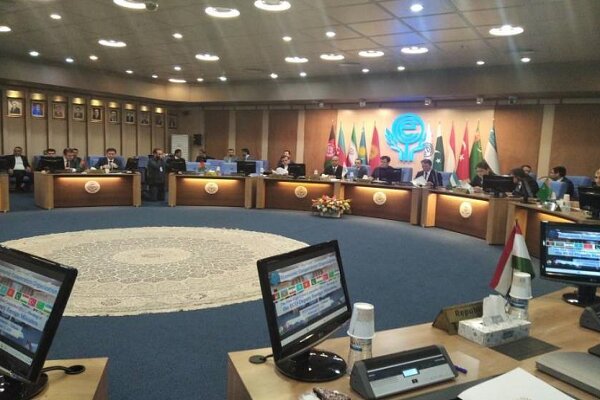
Iran Advocates for Boosted Economic Cooperation Among ECO Countries
During a recent Economic Cooperation Organization (ECO) meeting in Tehran, Iranian diplomat Mohajer stressed the need to boost economic exchanges among member states. Currently, only seven percent of the one trillion dollar trade volume involves ECO members, indicating significant untapped potential. Kazakhstan’s Deputy Foreign Minister, Alibek Bakayev, also emphasized collaboration among the diverse ECO countries, including Iran, which holds a strategic position for energy transfer. Enhancing intra-regional trade could attract foreign investments, improve resource sharing, and foster economic stability. The meeting underscored the importance of regional cooperation for sustainable growth and the opportunity for ECO to serve as a model for others.
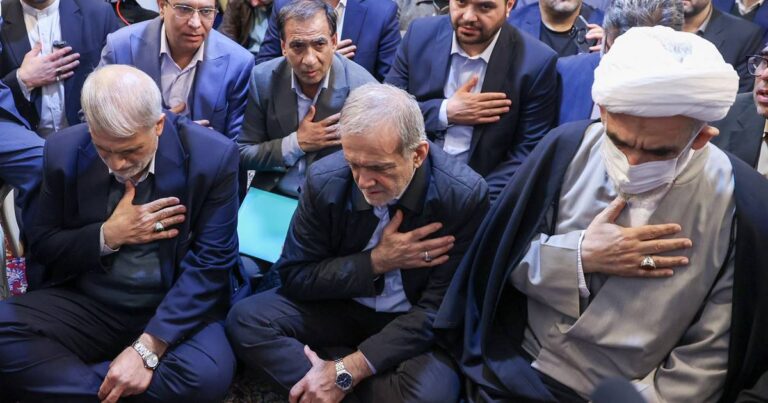
Iran’s President Urged to ‘Harakiri’ Amid Soaring Inflation Crisis, Analyst Claims
In a commentary for Etemad, Iranian analyst Abbas Abdi suggested that President Masoud Pezeshkian reconsider his approach to tackling Iran’s inflation crisis. Rather than seeking scapegoats, Abdi proposed a metaphorical “hara-kiri,” emphasizing the absurdity of blame in a complex economic situation. He attributed rising inflation to systemic issues in government monetary policies, including excessive spending, inefficiency, and misallocated resources. Abdi criticized reliance on price controls, arguing they exacerbate corruption. He urged the president to analyze central bank data, highlighting a significant imbalance between money supply growth and production increase, underscoring the need for effective economic reforms.
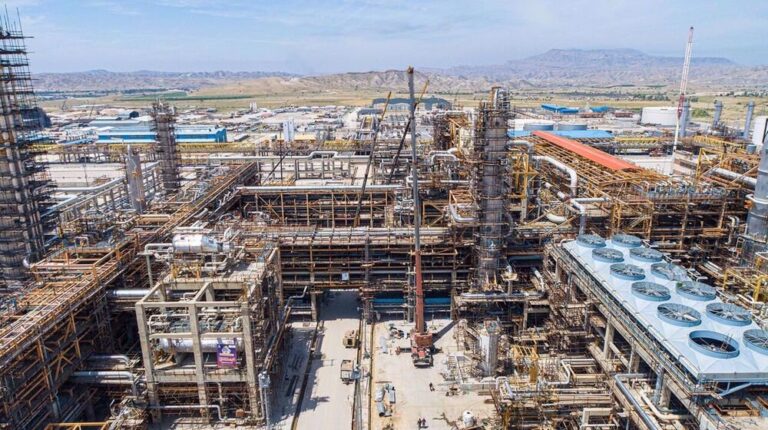
Unlocking Iran’s Economic Potential: The Vital Role of the Petrochemical Industry
Iran’s petrochemical industry has experienced significant growth since the 1979 Islamic Revolution, becoming a vital economic sector with an annual production capacity exceeding 96 million tons and revenues surpassing $23 billion. The industry now accounts for around 30% of Iran’s non-oil exports. Key developments have occurred through various five-year plans, focusing on rebuilding, modernization, profitability, and expansion. By 2024, the sector is set to complete 67 new projects and aims to enhance value addition while reducing raw material sales. Recent statistics show a 3.5% year-over-year production increase, indicating the industry’s continuing evolution and economic importance.
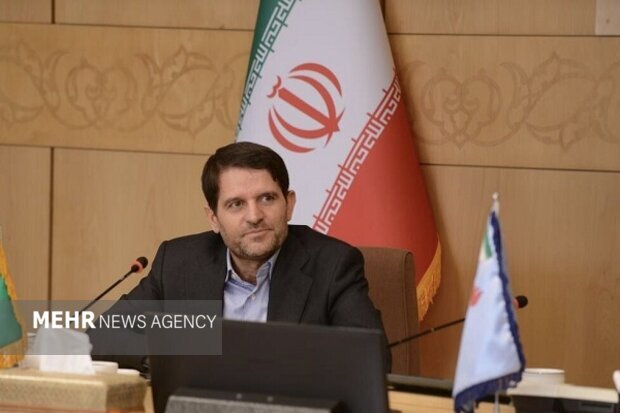
Revealing NPC: The Oil Industry’s Value Chain Champion, Says CEO
Iran’s petrochemical industry has experienced significant growth, achieving a production capacity of around 96 million tons annually, according to Deputy Oil Minister Hassan Abbaszadeh. He emphasized the industry’s importance in the country’s value chain and highlighted key achievements, including the completion of essential chains like methanol and propylene. The National Petrochemical Company (NPC) aims to increase production to 131 million tons during the 7th Five-Year Development Plan. Despite challenges such as global competition and investment needs, the sector shows promise for future expansion and modernization, potentially fostering international collaborations and enhancing Iran’s economic landscape.
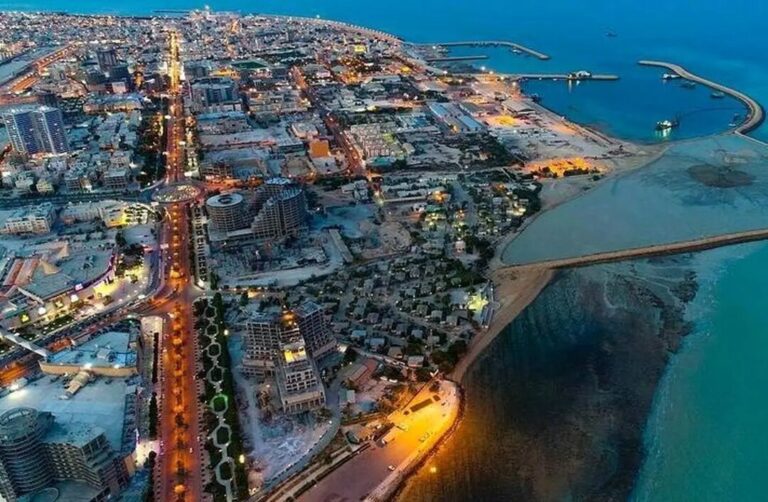
Iran’s Ambitious Plan: Transforming Qeshm into the Persian Gulf’s Premier Bunkering Hub
Iran is significantly investing in Salakh port on Qeshm Island to enhance its bunkering services and compete with Fujairah port. Key developments include the construction of four major refineries processing 140,000 barrels of oil daily, a long-term storage project for 100 million barrels, and an expansion of bunker fuel supply from 50,000 to 750,000 metric tons monthly. Despite these efforts, Iran’s share of the $30 billion bunkering market remains minimal. Qeshm’s strategic location in the Strait of Hormuz positions it as a pivotal hub for shipping and oil services, aimed at boosting Iran’s global energy market presence.